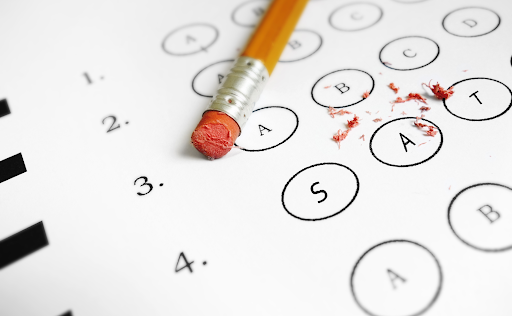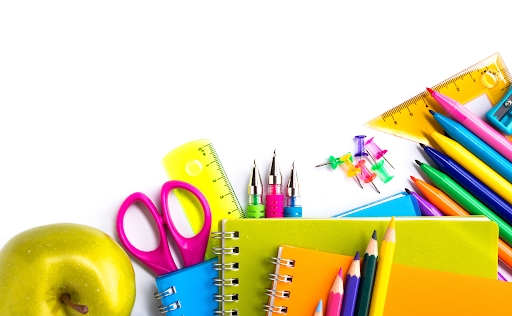People often wonder why we still attend school or college in this day and age when so much information is at our fingertips with the power of the internet.
Do you need to know when humans first set foot on the moon? Google it. Want to listen to music? Check YouTube.
If 110 is divided by 67, what is the result? The calculators on our phones are totally enough for that purpose.
Even though we have access to all of this knowledge, attending school or a university involves much more than just learning formulas or dates by heart. The skills and close relationships you develop with your teachers and peers are hugely important parts of school and university life.
But returning to school after a protracted summer holiday might be challenging. We’ve come up with tips and tricks to ease the transition to school so that going back to school is a little less daunting.
Make the first day easier
You don’t have to wait until the first day of school to get help. Over the summer, schools are available to address any worries a parent or child may have, including the unique requirements of a child. One to two weeks before the start of classes may be the best time to seek assistance.
Many kids experience anxiety when they find themselves in new situations such as switching to a new school, classroom, or instructor. This can happen at any age. If you’re concerned about new-school-year anxiety, it might be beneficial to practice entering the new setting by going to see the classroom or new school. No matter what your situation, remember that you are not the only one getting anxious about school.
Make a plan
Getting organized should be your top priority.
- Make sure you have an academic planner that you can use to track due dates, test dates, and more.
- Be sure to have a binder or folders for each class, and tape your syllabus to the front.
- Get together with friends to work out a study buddy system and a regular schedule.
- Set up the structure you’ll need for effective study guides.
Wisely managing your to-do list and your time is a learned skill that will bring lifelong benefits.
Study efficiently
Make sure your study area is free from potential interruptions. A study area with a TV or radio probably isn’t the greatest location for concentration. It should be a space only used for working and learning.
Blocks of study time should be broken up by brief breaks. It is best to study for 30-45 minutes at a time, with breaks of no more than three minutes in between. This strategy allows you to rest and re-energize while still giving you time to concentrate. However, exercise caution to prevent little breaks from morphing into extended procrastination breaks.
Maintain a shelf with all of your textbooks, notebooks, binders, and folders for each class. It will be less likely for you to forget something if all of your math supplies are in one location when you need to grab them for school. This will save you time and stress.
To make it even simpler to locate the appropriate supplies, label the shelves. You can also keep folders with the worksheets you have for practicing and the ones already completed, categorized by subject.
If you are struggling with your homework or having difficulty focusing on or completing school tasks, discuss this with your teacher, school counselor, or parents, to get the needed help and support.
Are you studying for the SAT? Here is How To Prepare
Gear up
To be properly supplied for class, students often need to stuff their bags to the brim as the time to return to school approaches. Make sure to go school shopping or thrifting early to get the chance to pick up all the necessary new supplies and ensure you have everything you need for the new school year.
And don’t shy away from customizing your supplies – showing off your personality can actually motivate you to study more. After all, who doesn’t love writing notes in a notebook with your own custom artwork?







